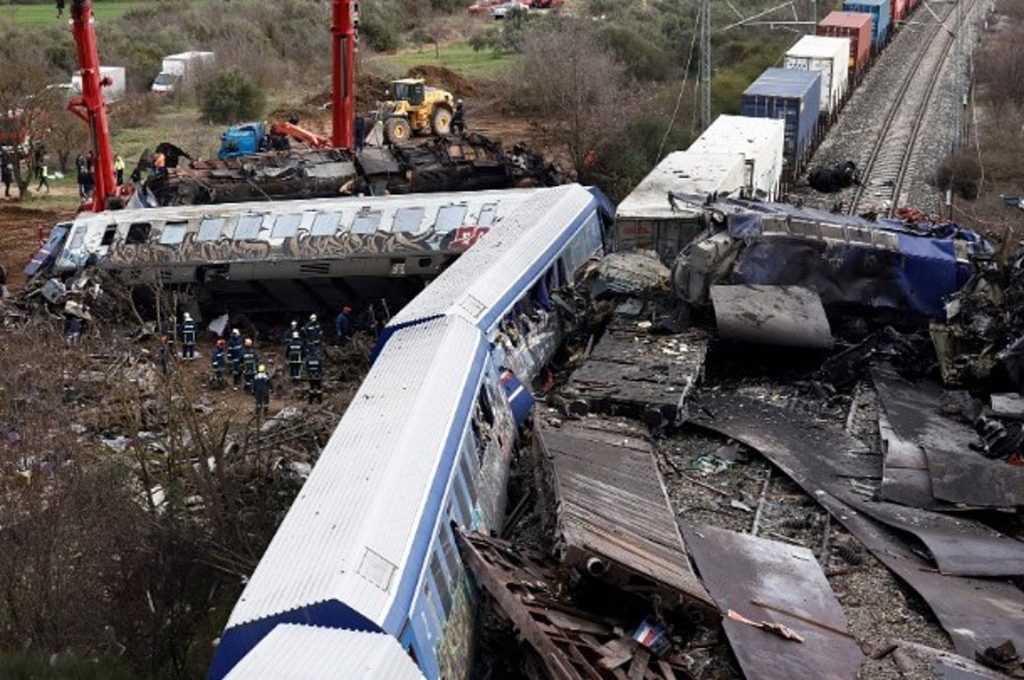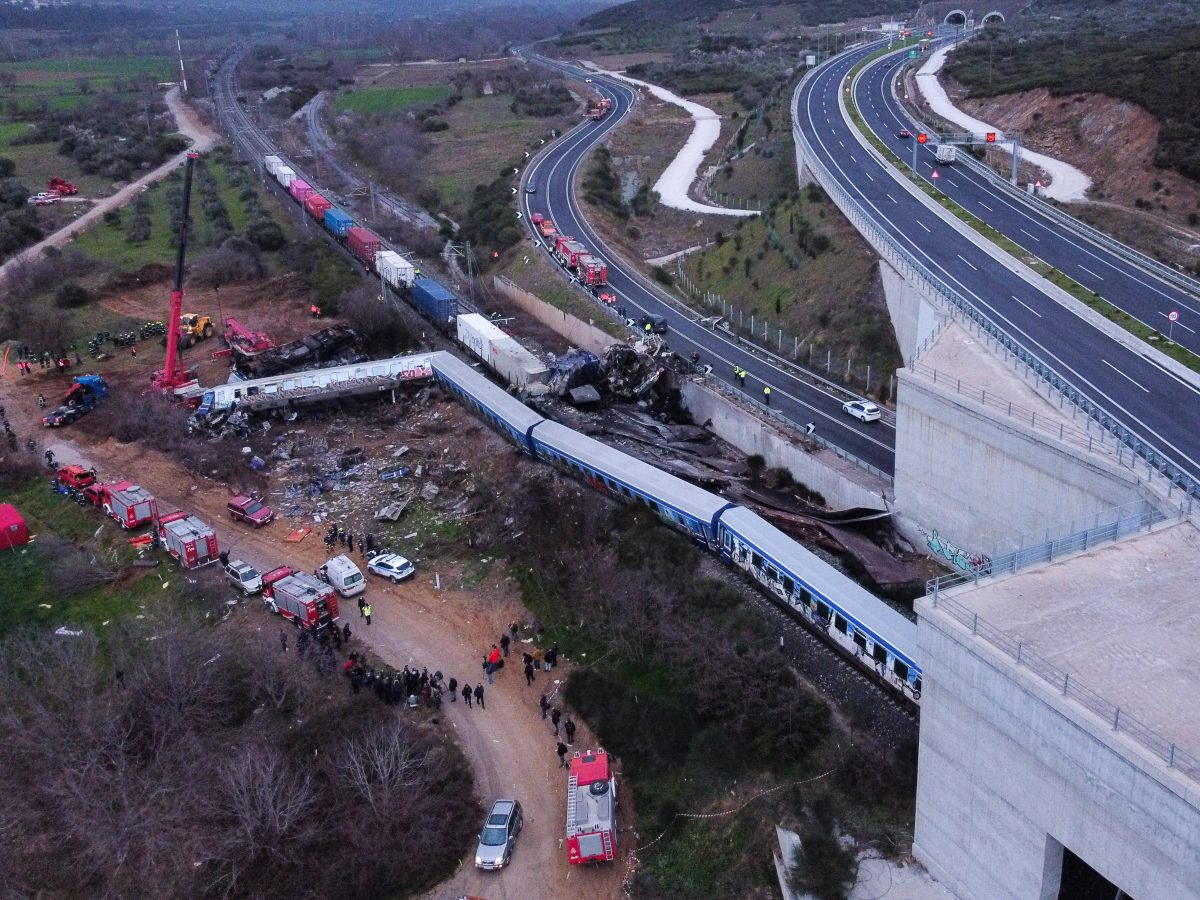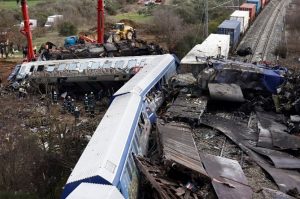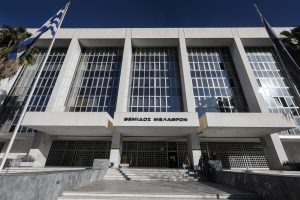Relatives of the victims of the Tempi train disaster have formally requested a delay in the release of the National Aviation and Railway Accident Investigation Board’s (EODASAAM) findings, which are scheduled to be announced on Thursday, February 27.
The report is expected to detail the causes of the deadly train collision, longstanding safety failures in the Greek railway system, and the circumstances surrounding the explosion that followed the crash. However, the families, through their attorney Loukas Apostolidis, argue that the timing of the release—just a day before the two-year anniversary of the tragedy—would be inappropriate given the nationwide mourning and mass protests demanding accountability.
A general strike on Friday, February 28, is expected to bring much of the country to a standstill, with demonstrations accusing the government of covering up aspects of the investigation.
According to leaks reported by Kathimerini, the National Aviation and Railway Accident Investigation Board investigation has identified “conflicting evidence” regarding the explosion and fire after the crash. Reportedly the board’s experts maintain that silicone oils from the freight train’s transformers do not explain the fire, raising further questions about possible illegal cargo. The case remains under judicial investigation, with the European Public Prosecutor’s Office and the Larissa Court of Appeal having already filed 66 charges for serious criminal offenses.
In his letter to the National Aviation and Railway Accident Investigation Board’s president, Apostolidis stressed the families’ frustration over lingering uncertainties, particularly regarding the presence of flammable chemicals on the freight train.
“Even today, two years later, grey areas and many questions remain. Parents are desperate to know the truth. There are different conclusions about the fires that engulfed their children, the explosions, and the causes of the tragedy. Assumptions and speculation do not bring peace to anyone’s conscience,” he wrote.
The question of the presence of flammable chemicals has become a complicated and divisive one. Accident investigation experts commissioned by the families have stated there was likely undeclared flammable liquid on board the freight train. An accident report compiled by private rail company Hellenic Train, which operated both the passenger and freight trains, has concluded that electrical arcs short circuits of capacitators caused the ignition and explosion of coolant liquids that also ignited and burned out causing the conflagration. The conflicting reports have led to public outrage and allegations of a government cover-up of the facts.
The families’ lawyer, Apostolidis also emphasized that two key technical reports—one from the National Technical University of Athens and another from forensic experts evaluating the authenticity of recently submitted video evidence—are still pending. He urged the committee to wait for these reports before finalizing its conclusions.
“We believe these findings will be crucial in determining the real causes of the explosion and fire. The publication of the committee’s conclusions should be postponed to ensure that all critical evidence is taken into account,” he stated.
The letter concluded with a plea for justice, underscoring the families’ demand that accountability extend from the stationmaster to political authorities.
“None are above the law,” Apostolidis wrote, “and we owe it to the 57 souls lost to uncover the full truth.”








